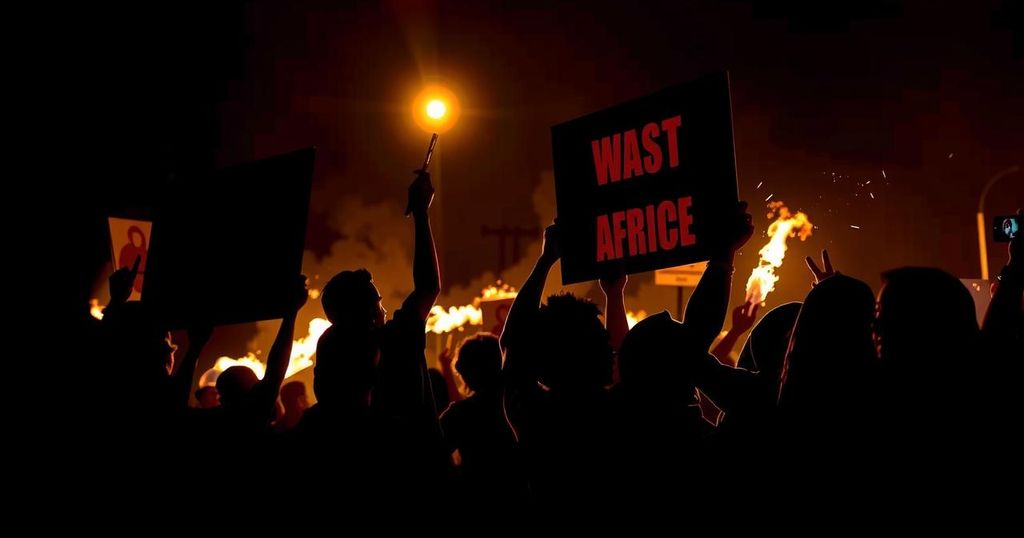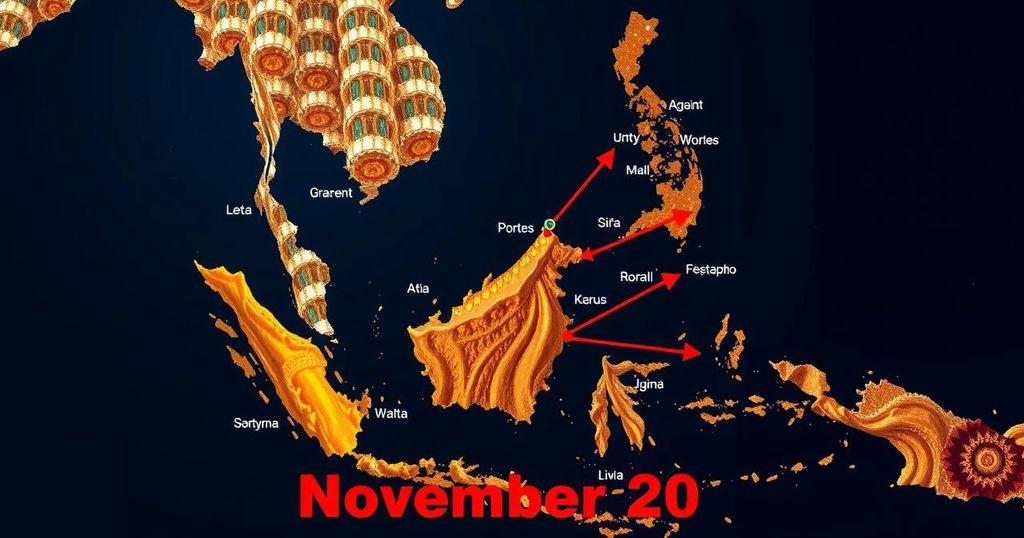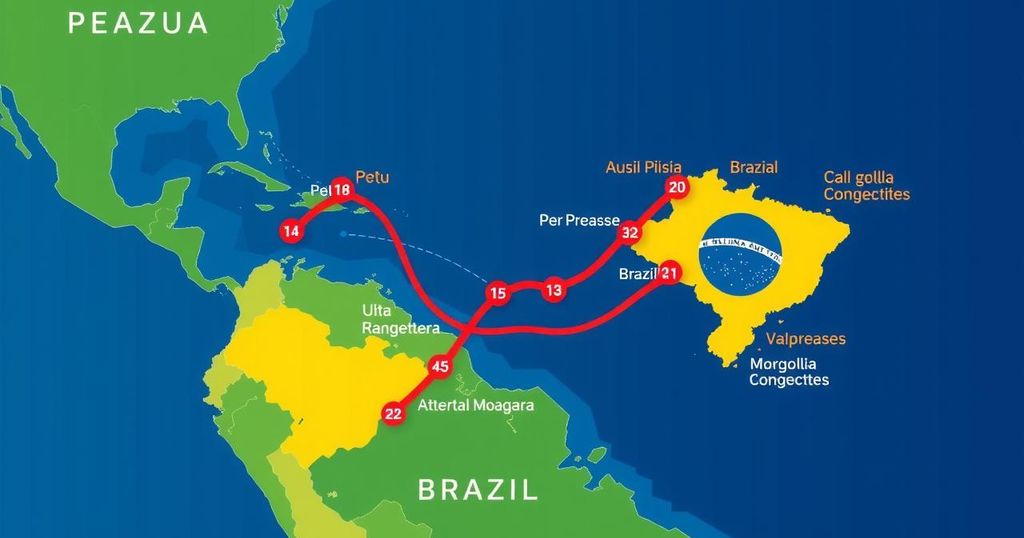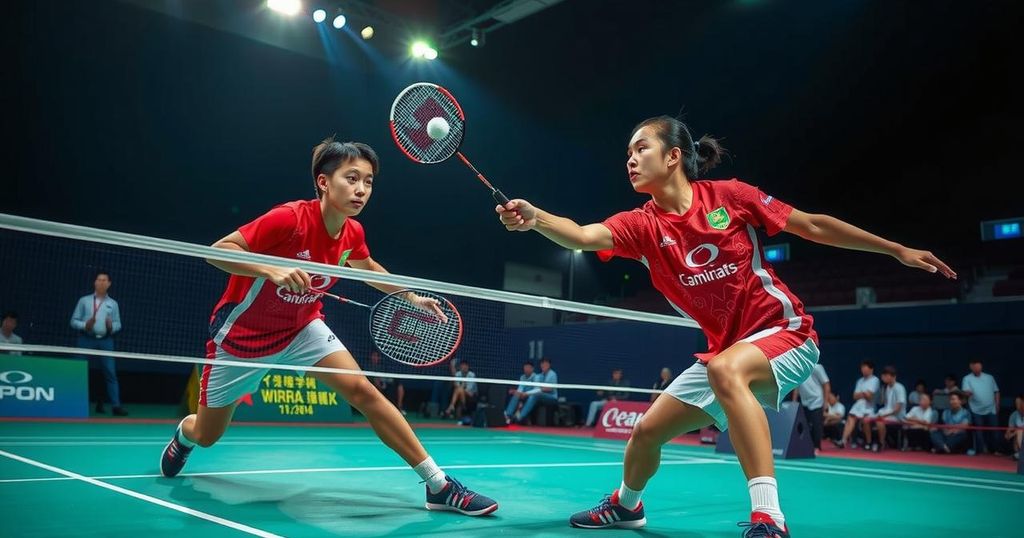West Africa: The Peril of Protesting in a Climate of Violence
West Africa: The Peril of Protesting in a Climate of Violence
In recent years, protests across West Africa—from Mali to Senegal—have resulted in grave consequences for demonstrators, including brutality and loss of life. Amnesty International states that such violent responses from law enforcement represent not a demonstration of state strength, but rather signify its inherent weakness.
Numerous human rights reports have detailed the tragic fates of young men and women who have suffered fatal or serious injuries due to live ammunition, tear gas, or even deliberate assaults by police vehicles. This troubling trend indicates a wider global phenomenon, particularly concerning in West African nations where unlawful force by law enforcement during protests has become alarmingly common.
Authorities in various countries must urgently halt this violence, which not only inflicts severe harm on the youth but also undermines the legitimacy of governments in the eyes of both local populations and the international community. For instance, in Senegal, anti-government protests preceding the presidential elections claimed the lives of at least 65 individuals between March 2021 and March 2024. Similarly, in Guinea, anti-regime demonstrations have resulted in at least 113 fatalities since 2019, while in Sierra Leone, August 2022 protests over soaring living costs led to 27 deaths, alongside casualties among security personnel. In Mali, protests against misgovernance resulted in 18 deaths within a few months in 2020. Other nations, including Nigeria, Benin, Togo, and Côte d’Ivoire, have also seen demonstrators face lethal force as they call for economic reforms, civilian protections, and fair elections.
The violence exhibited by security forces reflects a broader context of shrinking civic spaces and escalating repression of dissent throughout the region. In recent years, assaults on fundamental freedoms have proliferated, aimed at suppressing any form of opposition to authority. Activities of political parties have been suspended in Mali and Burkina Faso, while protests have been outright banned by authorities in Guinea. Additionally, arbitrary detentions of activists and unprecedented restrictions on journalists and media have compounded an atmosphere of fear and repression.
This climate, marked by a glaring intolerance for dissent, creates fertile ground for police and military violence against civilians. Victims and their families often find themselves without recourse or justice, particularly given the reigning culture of impunity for security forces involved in unlawful killings. For instance, Guinea has frequently announced investigations into fatalities during protests, yet very few transitions to trials have occurred. A notable law in Senegal passed in March 2024 nullified legal recourse for victims of state violence since 2021. Moreover, Sierra Leone flagged the need for better police training, but did not advocate for investigations into excessive force, indicating a persistent failure to address accountability.
Moreover, authorities often excuse the violence perpetuated by law enforcement by questioning the legality or character of the protests. However, international standards for the use of force remain unchanged regardless of circumstances. Law enforcement officials are mandated to exhaust all non-violent options before resorting to force and may only use firearms in situations of self-defense or imminent threats of severe harm to others.
The repercussions of such violence extend beyond immediate casualties, leaving countless families in mourning and numerous young individuals stigmatized by scars, both visible and invisible, from authoritarian rule. Many victims, often lacking resources for adequate medical treatment, endure lifelong disabilities and diminished prospects, ultimately contributing to their despair and hopelessness.
The violent response to dissenting voices is fundamentally a reflection of state inadequacies, fuelling public distrust and escalating societal insecurities. Conversely, a resilient state is defined by its commitment to training law enforcement in human rights principles, ensuring accountability for the unlawful use of force, and fostering an environment conducive to civil liberties. Thus, it is imperative for West African governments to cease the violence that mutilates youth and damages their legitimacy both domestically and globally.








Post Comment